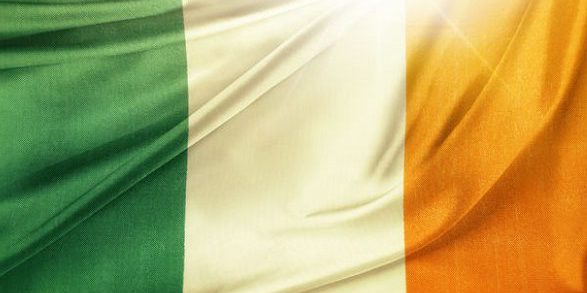Irish bookmakers to receive reliefs of up to £50,000

The Irish Government has come to confirm in their 2020 Budget that bookmakers in the Republic of Ireland will be receiving a relief of up to €50,000 from the 2 per cent turnover tax levied on betting in the country.
The move is part of a number of tax polite changes in the Budget, with the relief from betting duty and betting intermediary duty expected to come into effect from next year.
This effectively means that bookmakers will not have to pay tax on the first €50,000 in wagers they take each year. The €50,000 limit applies in each calendar year, while the relief will only apply to single undertakings.
The current 2 per cent turnover tax has been in place since January of this year, but will come to replace this scheme with an alternative system for independent bookmakers has already been commenced.
After the new rate’s passage in November of last year, Minister for Finance Paschal Donohoe then agreed to an immediate review of the tax. June of this year saw Donohoe say that he had been working with the independent bookmaking sector to provide an alternative proposal.
Simultaneously, the Gaming and Lotteries (Amendment) Bill 2019, Ireland’s placeholder legislation for the country’s betting and gaming sector, progressed to the committee stage in the Dáil Éireann.
The Bill has been designed to update Ireland’s 1956 Gaming and Lotteries Amendment Act by setting maximum gaming machine stakes and prizes at €10 and €750 respectively. It will also be formally imposing age restriction of 18 years on betting and gaming products, and set out a new licensing system for lotteries.
Firing this time, work on the Gambling Control Bill, which supersede the Gaming and Lotteries (Amendment) Bill 2019 and establish a dedicated regulatory authority for the market, is ongoing.
Under the plans, the new body will be overseeing licensing and enforcement activities, as well as establishing advertising standards, customer monitoring and customer protection measures for the sector.
The Government has previously stated that the Bill is unlikely to be presented to the Oireachtas before 2020.
In August, provisional figures from the Health Service Executive, the body with responsibility for the provision of health and personal social services, revealed the number of people in Ireland treated for problem gambling reached a record high of 257 in 2018.
The total was the highest since records began in 2011, when gambling was first listed as a problem “substance” by the Health Research Board, alongside alcohol and illegal drugs.






